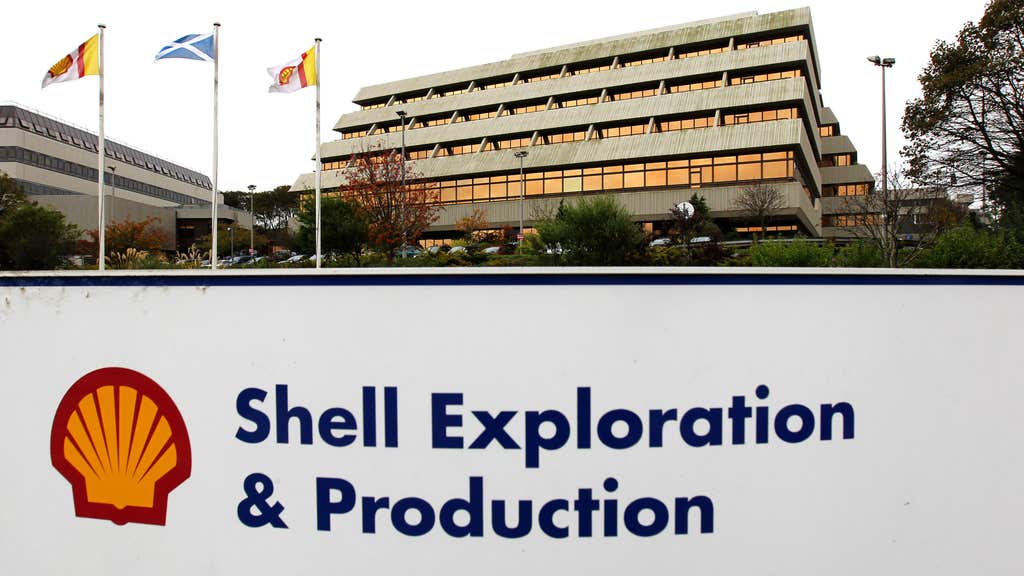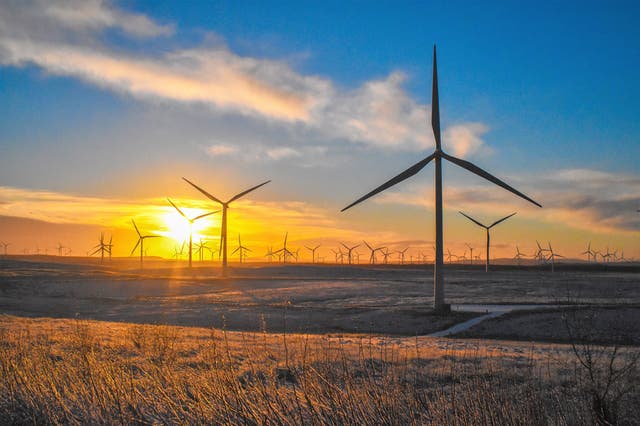Shell Sets Out Green Ambitions, With Plans To Increase Liquid Gas Production

Shell intends to invest heavily in its “transition pillar” as part of plans to make the business green, pouring up to twice as much money into natural gas as into renewable energy.
The oil giant said that it would invest around 4 billion US dollars (£2.9 billion) every year to allow it to add another 7 million tonnes of liquid natural gas production to its capacity by 2025.
The company will also invest around 8 billion dollars in exploration of new oil and gas every year.
The plans were laid out in a “drive for net-zero emissions” which aims to ensure Shell is emissions neutral by the middle of the decade.

They included between two and three billion dollars a year for renewables and energy solutions, plans to double its sales of electricity, and investing in hydrogen.
The energy solutions also include an annual 100 million dollar investment into so-called nature-based solutions.
Russ Mould, investment director at AJ Bell, said that Shell’s statement that its oil production peaked in 2019 was “a major turning point” for the oil major.
But, he added: “Some people will be surprised that it isn’t being more aggressive with its move towards renewable energy.
“The company says it will invest roughly twice as much in gas and chemicals and up to four times as much in drilling for oil and gas than in renewables.”
However, the announcement won warmer support from the Church of England Pensions Board, a major investor which has been pushing for the companies it is a shareholder in to include more ambitious climate targets.
Adam Matthews, who is director of ethics and engagement said: “Shell’s net zero target is industry leading and comprehensive as it covers all their carbon emissions.
“In a major step for climate accountability, shareholders will be given a right to an advisory vote on Shell’s climate transition plan at this year’s AGM, which is a first in the oil and gas sector.”
Shell’s plans included an ambition to sell off four billion dollars of assets every year, and pivot towards transition fuels such as gas, which emits less carbon than oil.
It will keep a progressive dividend policy in place, increasing the payout by 4% per year.
But environmental campaigners Greenpeace criticised Shell’s plans for having no requirement to cut absolute emissions, puts the onus on customers, includes no target on producing renewable power, and has a “delusional reliance” on planting trees.
Mel Evans, head of Greenpeace UK’s oil campaign, said: “Shell’s grotesque ‘customer first’ strategy seeks to blame customers first for climate change.
“Meanwhile Shell, the powerful oil major, brazenly says it will dodge oil production cuts and will simply let output dwindle.
“Communities around the world have been flooded, while others are on fire. Governments are upping their commitments on renewables, while competitors are pivoting – but Shell’s big plan is to self-destruct and take the planet down with it.”
Analysts at Jefferies said: “Shell’s strategy announcement today does not introduce significant changes in its energy transition strategy.
“The most material change is on the carbon emission side, with the introduction of one of the most stringent carbon reduction plans in the sector. How this will be achieved remains partially unclear, based on the limited low-carbon growth targets provided.”




